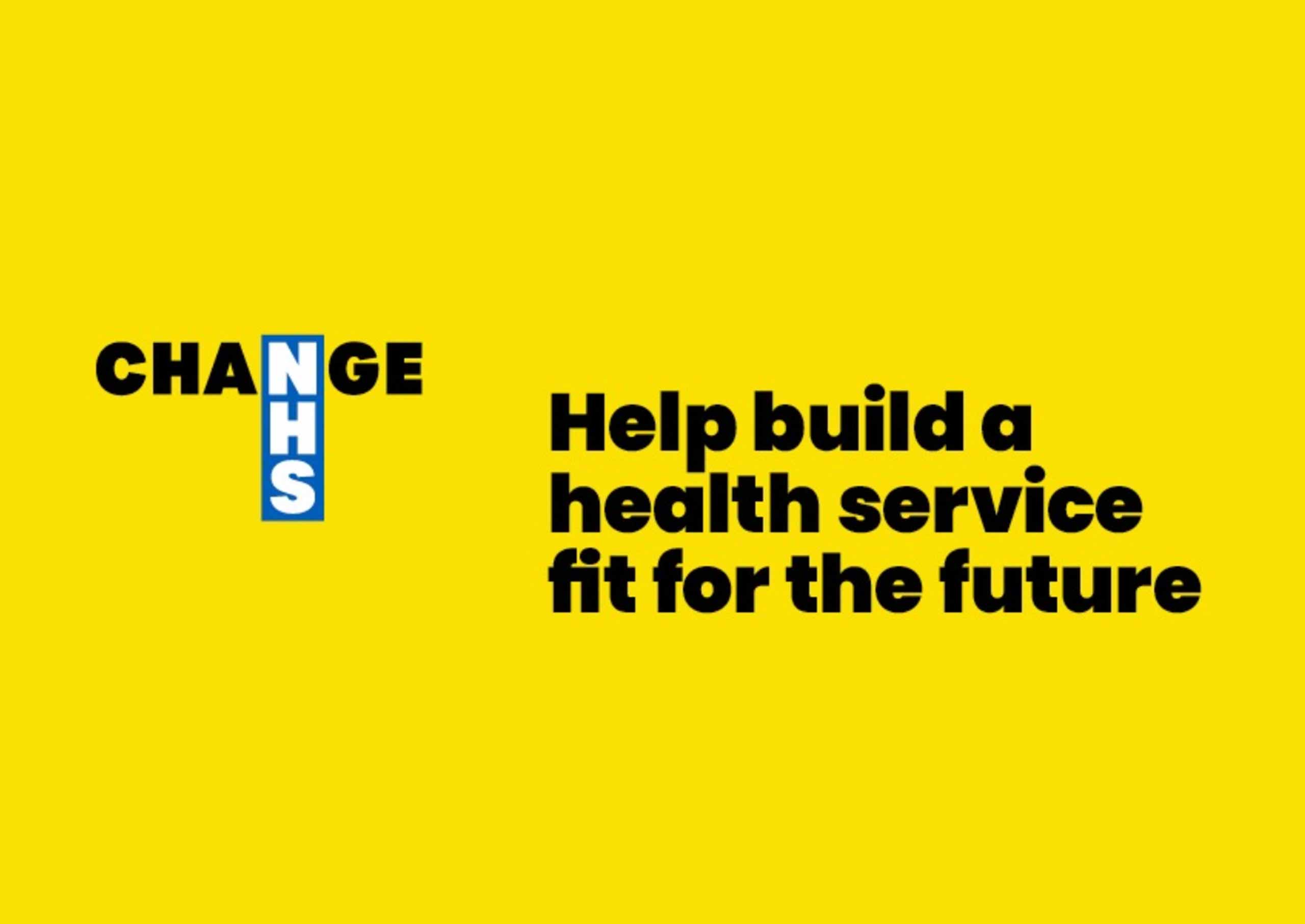Last week marked the beginning of a significant engagement initiative for the NHS. With the launch of Change.NHS.uk the government is inviting the public, NHS workforce, and experts to share their ideas for shaping the future of healthcare.
This national conversation aims to inform a 10-Year Health Plan, designed to address the longstanding challenges facing the NHS and to build a health service that meets the evolving needs of the nation.
The Health Secretary’s plan is structured around three major shifts:
- Moving care from hospitals to the community,
- Embracing the shift from analogue to digital,
- Focusing on prevention rather than treatment.
These themes outline a vision for a more integrated, modern NHS, where patients can access the right care at the right time, whether through neighbourhood health centres, digital platforms, or preventive services designed to promote long-term health.
The shift towards community and primary care is a key element of the plan, recognising that better outcomes often start with better access to local care. Neighbourhood health centres aim to bring a wider range of services closer to where people live, reducing strain on hospitals and ensuring patients can access the care they need more conveniently.
Redmoor’s Perspective: Realising the Vision of a Modern NHS
While the government’s plan is ambitious, achieving these goals will require careful, strategic implementation, particularly around digital transformation. At Redmoor Health, we have seen first-hand that digital tools alone won’t transform patient care. Understanding when and how to use digital solutions and ensuring both staff as providers and patients as users, trust and see their value alongside traditional models of general practice.
Digital tools can enhance access beyond core hours through careful and appropriate signposting, allowing patients to access self-care and other services such as Pharmacy. They can help the already stretched workforce by supporting triage, identifying priority cases, or directing patients to other members of the wider primary care team. Based on insights from our recent white paper, Digital Transformation in Primary Care: Analysis of Adoption, Utilisation & Impact (2022–2024), we believe there are key steps to ensuring the success of this plan:

Bridging the Digital Divide
A more digital NHS, with tools like the NHS App enabling patients to carry out simple tasks online as well as to view parts of their medical records, promising greater efficiency, better experience and continuity of care. However, adoption of the NHS App varies across regions and demographics, as national data highlights. There are multiple digital routes to access services and helping people to know best ‘product for each purpose’ will make sure that unnecessary delays are reduced and the best option for the patients and practice teams are offered. Targeted efforts are needed to support those who struggle with digital literacy to make sure people aren’t left behind. This requires a different approach nd engagement in underserved areas to ensure equitable access for all patients. Organisations like the Good Things Foundation continue to address digital literacy gaps, emphasising the need for community-led support to avoid leaving any patient behind.
Empowering Healthcare Staff and Practices
Digital tools are only as effective as the people using them. Investment in training and leadership is essential to help NHS staff make the most of new technologies. For example, integrating online consultation systems into practice workflows requires technical support, a shift in mindset, and often service redesign to map the new users journey and understand impacts on practice workload and workflow. Continual training and clear guidance on implementation are key to supporting this transformation.
Enhancing Preventive Care with Technology
The transition from treatment to prevention aligns with the potential of digital health. Wearables and home-monitoring devices empower patients to take control of their health, helping to ease the demand on traditional healthcare services. Our findings indicate that the NHS App, together with other digital tools, can serve as a foundation for preventive care, enabling patients to enter the NHS in readiness for more advanced devices that track conditions and access support for healthier lifestyles. There is a wide variation across the population from people who don’t use technology to support preventative healthcare, to people who manage complex illnesses via others who are well, but monitoring to keep fit, active and well. Addressing these differences across generations seems significant as obesity levels rise and levels of activity decrease.
Integrating Services at the Neighbourhood Level
The government’s plan to increase community-based services presents an opportunity to rethink how digital tools support care delivery, in particular diagnostics. From online consultations to streamlined communications, digital solutions can help neighbourhood health centres provide a broader range of care. Product suppliers will need to create solutions to work across neighbourhoods, not just the registered GP population, so that teams can be based in different locations and still access the information they need to provide services across a geography. Our analysis shows that practices with integrated digital solutions achieve higher patient satisfaction, highlighting the importance of a unified approach to digital transformation.
A Collective Effort for a Healthier Future
The government’s call to help shape the future of the NHS is an opportunity for patients, clinicians, and innovators alike to contribute to a once-in-a-generation transformation. This is about more than meeting immediate challenges; it’s about creating a health service that genuinely meets the needs of patients and communities.
At Redmoor Health, we are committed to supporting this vision through our expertise in digital transformation. With a focus on training, inclusivity, and embedding practical digital solutions, we believe the NHS can reach its ambitious targets. Let’s ensure that as we move forward, we build an NHS that is not just modern but also responsive, equitable, and prepared for the future.
Read more about our insights in our white paper, Digital Transformation in Primary Care: Analysis of Adoption, Utilisation & Impact (2022–2024), available through our Digital & Transformation Network.

Blog by Lisa Drake
Lisa supports commissioners at CCG/ICS & Regional level to help to deliver system change and modernise general practice. With almost 20 years experience in the NHS, as an ex-commissioner and Practice manager, Lisa’s work also involves advising practices and PCNs how to improve patients’ digital experience; how to deliver full range of GP Online services and streamline general practice workload. In addition to her role at Redmoor, Lisa remains in the NHS as a Digital Advisor in a practice in the Lake District.


